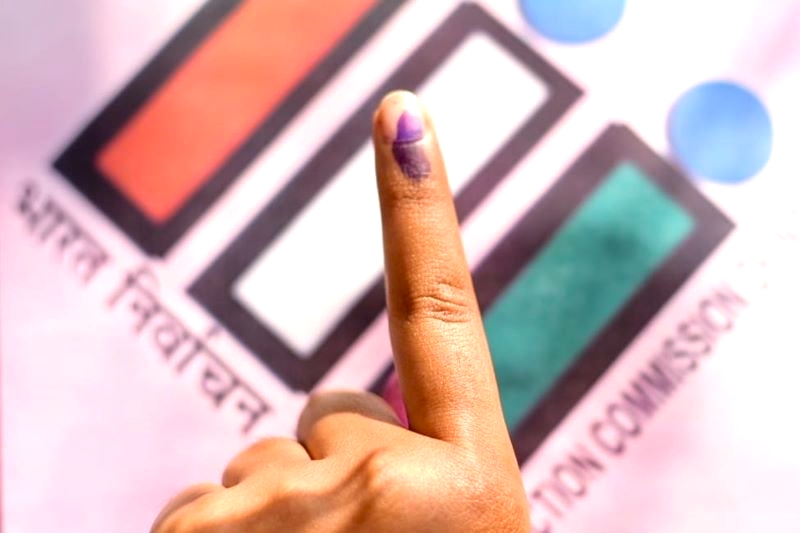The funeral of gangster-turned-politician Mukhtar Ansari recently unfolded in Ghazipur, Uttar Pradesh, but it wasn’t just a solemn occasion. An unexpected argument erupted between the district magistrate and MP Afzal Ansari, Mukhtar Ansari’s brother, over a seemingly simple act: offering soil at the burial ground.
The Gathering and the Dispute
Thousands of people from Ghazipur district and nearby areas flocked to attend Mukhtar Ansari’s last rites. Amidst the crowd, the district administration attempted to manage the situation by restricting entry to the cemetery. Their intention was to prevent overcrowding during the burial ritual, which involves scattering ceremonial soil on the grave.
However, tensions escalated when some individuals were stopped from entering the burial ground for this purpose. A video of the incident surfaced on social media, capturing the heated exchange between Afzal Ansari and Ghazipur District Magistrate Aryaka Akhoury.
The Argument Unfolds
In the video, Afzal Ansari asserts, “You cannot stop anyone from offering soil.” The DM counters, “People of the family can offer soil. Will the entire town offer soil?” Undeterred, Afzal Ansari insists that anyone, regardless of their origin, should be allowed to participate in this burial tradition. He cites Section 144 of the Criminal Procedure Code (CRPC), emphasizing that even prohibitory orders shouldn’t hinder this solemn act.
The DM, however, stands firm, reminding everyone that the funeral is being videographed, and legal action will follow. Outside Ansari’s residence and the burial ground, elaborate security arrangements were in place. Police faced challenges managing the crowd, as many tried to force their way into the restricted area.
Unity Amidst Controversy
Despite the dispute, the funeral procession proceeded, and Afzal Ansari appealed to the crowd to maintain peace. The incident highlights the delicate balance between respecting traditions and adhering to legal restrictions. Mukhtar Ansari’s family had provided a list of authorized individuals allowed at the Kali Bagh cemetery during the burial, ensuring order amidst the chaos.
As the dust settles, one thing remains clear: even in moments of grief and controversy, democracy and unity prevail. The soil offered by each hand symbolizes a shared connection—a reminder that life’s complexities extend beyond political boundaries.
In Ghazipur, where emotions ran high, the argument over soil transcended mere earth—it became a testament to the power of collective voices and the need for compassion, even in the face of adversity.
Let us remember Mukhtar Ansari not only as a controversial figure but also as a catalyst for conversations about justice, rights, and the essence of humanity.



